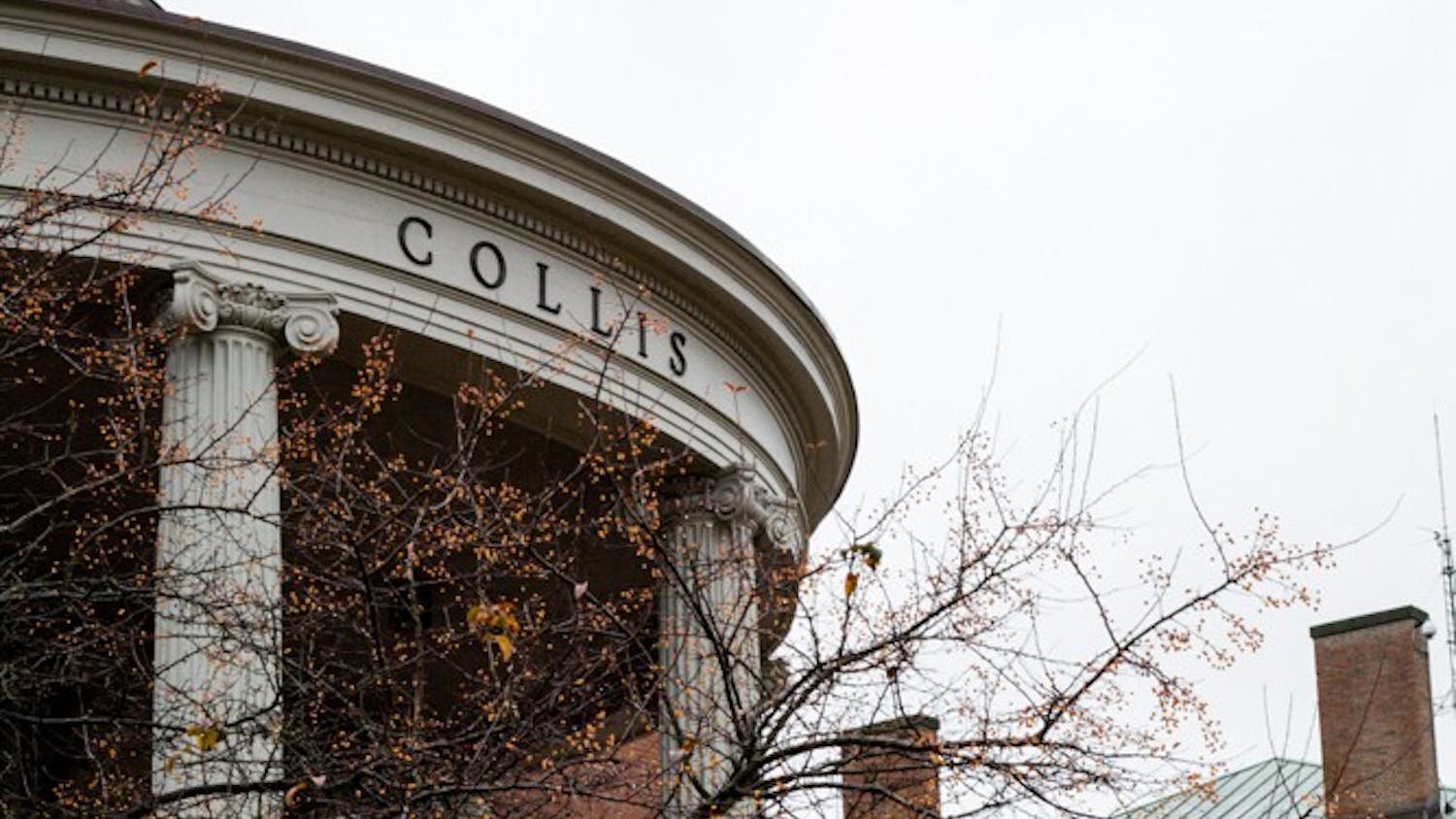The Student Assembly approved new campus election guidelines to prevent another controversial contest for student body president this spring.
Assembly members also passed funding for a spring Ivy Council conference at their Tuesday night meeting.
Although Assembly members received the seven pages of revised spring election regulations one hour before the meeting, the General Assembly passed the regulations almost unanimously after an hour of discussion.
Key changes to the former election rules include a ban on mass BlitzMail messages issued by campaigns, tighter controls on campaign spending, restrictions on promoting candidates in other races and a shorter campaign period of 10 days instead of 15.
"Last year was a really crisis prone election," said EPAC head Dave Hankins '05, who cited fairness and transparency as the group's top goals in amending its rules.
EPAC faced major problems when a student allegedly hijacked and sent mass BlitzMail messages from the BlitzMail account of a friend of now-Student Body President Julia Hildreth '05.
The matter had to be resolved by administrators, who had given EPAC full control of student elections three years earlier.
While the 20-recipient cap on BlitzMail campaign messages was done away with, new rules restrict BlitzMail campaigning to personal acquaintances and organizational BlitzMail lists.
Another new rule disallowing recipient list suppression was also addressed.
"We're saying no mass blitzing, therefore you shouldn't need to repress the recipient list," Hildreth said. "Leaving it open holds you accountable for who you blitz."
Organizations may send BlitzMail messages to their members but may not send messages to the rest of the campus.
Student publications are exempt from this provision.
Other new rules include moving the elections up by about a week and a half and shortening the campaign period from 15 to 10 days.
"Candidates universally felt it was too long," Hankins said. A proposed ban on all chalking -- writing campaign messages in chalk on sidewalks -- was hotly contested and eventually stricken from the guidelines before they were passed.
Hankins said enforcing a no-chalking rule is easier than dealing with a repeat of last year's problems, when EPAC had to deal with out-of-control chalking and disputes over sidewalk space.
"There was a very limited amount of good sidewalk space," Hankins said, adding that washing away the messages of competing campaigns raised questions about the enforcement of campaign rules similar to those governing paper-banner posting.
Steven Koutsavlis '05 led the opposition to the chalking ban, advocating a rule "less draconian" than an all-out prohibition on the practice, which he noted is an extremely popular and inexpensive campaigning technique on campuses nationwide.
"I don't think the easiest way is the best way," Koutsavlis said.
After a phone conference with other EPAC members, the chalking ban was removed from the guidelines.
Debate also ensued over rules prohibiting candidates for student body and Class Council presidents or vice presidents from endorsing each other.
Those who wish to do so adhere to a different set of spending guidelines in order to prevent unfair pooling of resources.
EPAC became part of the Assembly with the passage of an amendment at the end of January. In the past, members of Palaeopitus senior society administered spring elections.
Part of the Assembly's rationale for adopting EPAC was that the Assembly is the organization most affected by the elections.
The Assembly also passed a proposal Tuesday providing $3,000 to the Dartmouth chapter of the Ivy Council, another group that moved under the Assembly's umbrella in January, in order to host the spring Ivy Council conference on campus. The conference is attended by representatives from all eight Ivy League schools and will serve as a forum for discussion of issues including student governance, events programming and co-ed housing.
The allocation of this funding leaves the Assembly with an operating budget of about $11,000 out of the $80,000 with which it started the fiscal year.
"I don't foresee this as a problem," Assembly treasurer Chris Bertrand '07 said. "I don't see any other project likely to come up in the year that is so important as to make this unaffordable."



